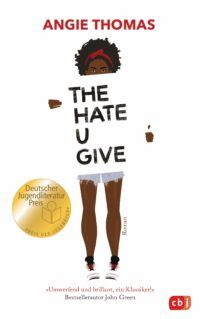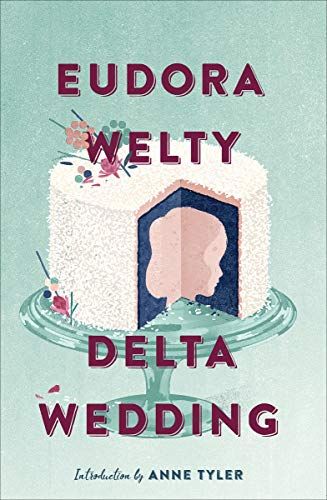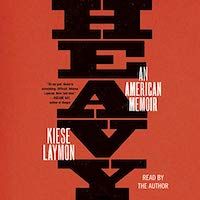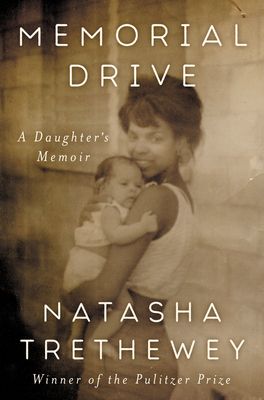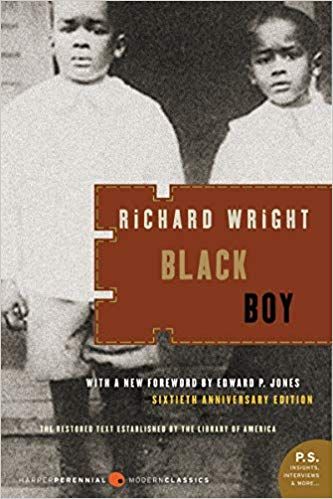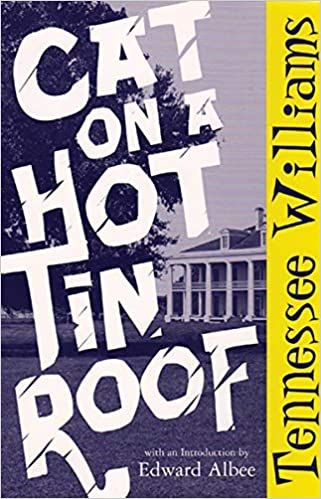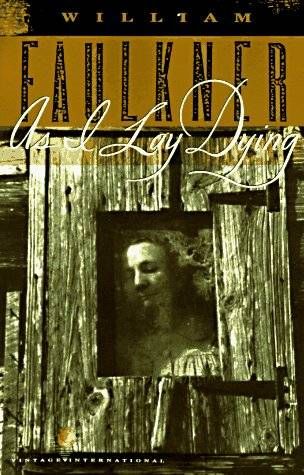I have a love/hate relationship with Mississippi. When my family first moved there, Obama was just running for the presidency against McCain. I myself was rather excited for Obama to win, but I had classmates who were blatantly against him due to the color of his skin. I even had one classmate who calmly and without irony stated, “Obama’s the antichrist.” I expressed my disbelief and decided to keep my distance from said classmate. When my mother was working the front desk of our family business in Jackson, a white man handed her a Bible and pointedly told her, “You’re in America now.” She’d been an American citizen for almost 20 years at that point and was perfectly capable of reading a map. All she could do was chuckle.
Race and Mississippi
At the time, I had no language for what I was experiencing as a young Indian American. However, I knew that my experience compared to that of my Black classmates’ was far more privileged. It wouldn’t be until my 20s that I learned the word for my experience: microaggression. Indians fall in the “model minority,” which weirdly and unfairly gives us privilege over other racial groups, despite our brown skin and “foreign” religions. It amazed me how differently white people treated me after learning that my last name was Patel and that I had a clear American accent. These shielded me from the worst of the racial sentiments Mississippi gladly imparted on its marginalized residents but not from my favorite question of all time: “What are you?” What a thoughtful, eloquent query. The answer is always a Martian (obviously) and to go do something impolite to yourself. I say of all this to express that while my experience in this infuriating state was (for a lack of better words) colored by my brown skin, Mississippi’s true crimes are against its Black residents, who have a rich history of arts, including music, dance, food, and literature, that are heavily influenced by their experiences, joys, and traumas.
Why I Chose These Writers
It always astounded me how even in the 21st century, white Mississippians had significantly different experiences than Black Mississippians, which is seen in its literature. John Grisham comfortably writes thrillers about white people prevailing against some bad guy and even having the cops on their side. Let’s just say that Angie Thomas has some different things to say about cops. I’ve purposefully included books by Black and white writers because I want to illustrate this dichotomy. Mississippi was created for a select group of people, and the rest of us just have to carve out spaces for ourselves or be retrofitted into it. Despite my personal misgivings about Mississippi, I can’t help but puff my chest with pride whenever I see a hometown writer or their books displayed on a national or international stage. There’s just something about Mississippi that I can’t let go of. To that end, I selected writers who you just might have heard of but perhaps didn’t realize came from the Magnolia State. Each of these writers has helped me see my brief home of Mississippi through a new lens. Note: I kept this list in alphabetical order by the authors’ first names because I wanted to equalize the stories while clearly pointing out the differences in experience between Black writers and white writers. I myself am not a member of either community, so my perspective is that of a former Mississippi resident from the outside looking in, and I thought it was fairer for me to give equal treatment to each book.
Why These Authors?
With the exception of The Hate U Give, each book in this list is explicitly set in Mississippi all the time or part of the time. In addition, all authors were born in Mississippi or called it home at one point.
When you’re ready for more, take a tour of the southern literary trail, Mississippi I-55, and Oxford, Mississippi.
The story is one of manners, specifically that of the high-minded and aristocratic Fairchilds. Told from the perspective of precocious 9-year-old Laura, the story is about Laura’s resentment toward her extended family and eventual understanding of them. While Welty is a brilliant writer, I will say that Delta Wedding is about a rich white family that’s insulated and perfectly safe from the racial discrimination Mississippi is famous for.
I strongly recommend reading Heavy and Black Boy (see below) together because both books will give you an excellent overview of what it means to grow up Black in Mississippi.
Many people take the story at face value. However, I encourage you to not only enjoy the story (and the equally classic movie with Elizabeth Taylor because Elizabeth Taylor), but also to consider the stark differences between the trials and tribulations of this aristocratic white family and that of Black families who they no doubt exploited on their way up the social ladder.
